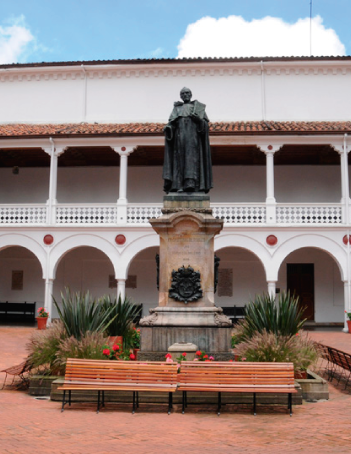Incluye referencias bibliográficas e índices
Critically sovereign / Joanne Barker -- Indigenous Hawaiian sexuality and the politics of nationalist decolonization / J. Kēhaulani Kauanui -- Return to "The uprising at Beautiful Mountain in 1913" : marriage and sexuality in the making of the modern Navajo nation / Jennifer Nez Denetdale -- Ongoing storms and struggles : gendered violence and resource exploitation / Mishuana R. Goeman -- Audiovisualizing Iñupiaq men and masculinities on the ice / Jessica Bissett Perea -- Around 1978 : family, culture, and race in the federal production of Indianness / Mark Rifkin -- Loving unbecoming : the queer politics of the transitive native / Jodi A. Byrd -- Getting dirty : the eco-eroticism of women in indigenous oral literatures / Melissa K. Nelson.
Critically Sovereign traces the ways in which gender is inextricably a part of Indigenous politics and U.S. and Canadian imperialism and colonialism. The contributors show how gender, sexuality, and feminism work as co-productive forces of Native American and Indigenous sovereignty, self-determination, and epistemology. Several essays use a range of literary and legal texts to analyze the production of colonial space, the biopolitics of “Indianness,” and the collisions and collusions between queer theory and colonialism within Indigenous studies. Others address the U.S. government’s criminalization of traditional forms of Diné marriage and sexuality, the Iñupiat people's changing conceptions of masculinity as they embrace the processes of globalization, Hawai‘i’s same-sex marriage bill, and stories of Indigenous women falling in love with non-human beings such as animals, plants, and stars. Following the politics of gender, sexuality, and feminism across these diverse historical and cultural contexts, the contributors question and reframe the thinking about Indigenous knowledge, nationhood, citizenship, history, identity, belonging, and the possibilities for a decolonial future.

Escuela de administración
Facultad de Jurisprudencia
Facultad de Ciencias
Escuela de Ciencias
Escuela de Medicina
Facultad de Economía
Facultad de Estudios
Facultad de Creación
Escuela de Ingeniería,
Otras Ofertas
 Historia y símbolos
Historia y símbolos
 Enfoque estratégico
Enfoque estratégico
 Gobierno universitario
Gobierno universitario
 Playbok - Nuestros pilares de transformación
Playbok - Nuestros pilares de transformación
 Protocolo de seguridad
Protocolo de seguridad
 Archivo histórico
Archivo histórico
 Portafolio de becas, descuentos y apoyo financiero
Portafolio de becas, descuentos y apoyo financiero
 Casa UR
Casa UR






 Proyección social
Proyección social Filantropía
Filantropía Hagámoslo posible
Hagámoslo posible

 Libro
Libro







